-

-

-
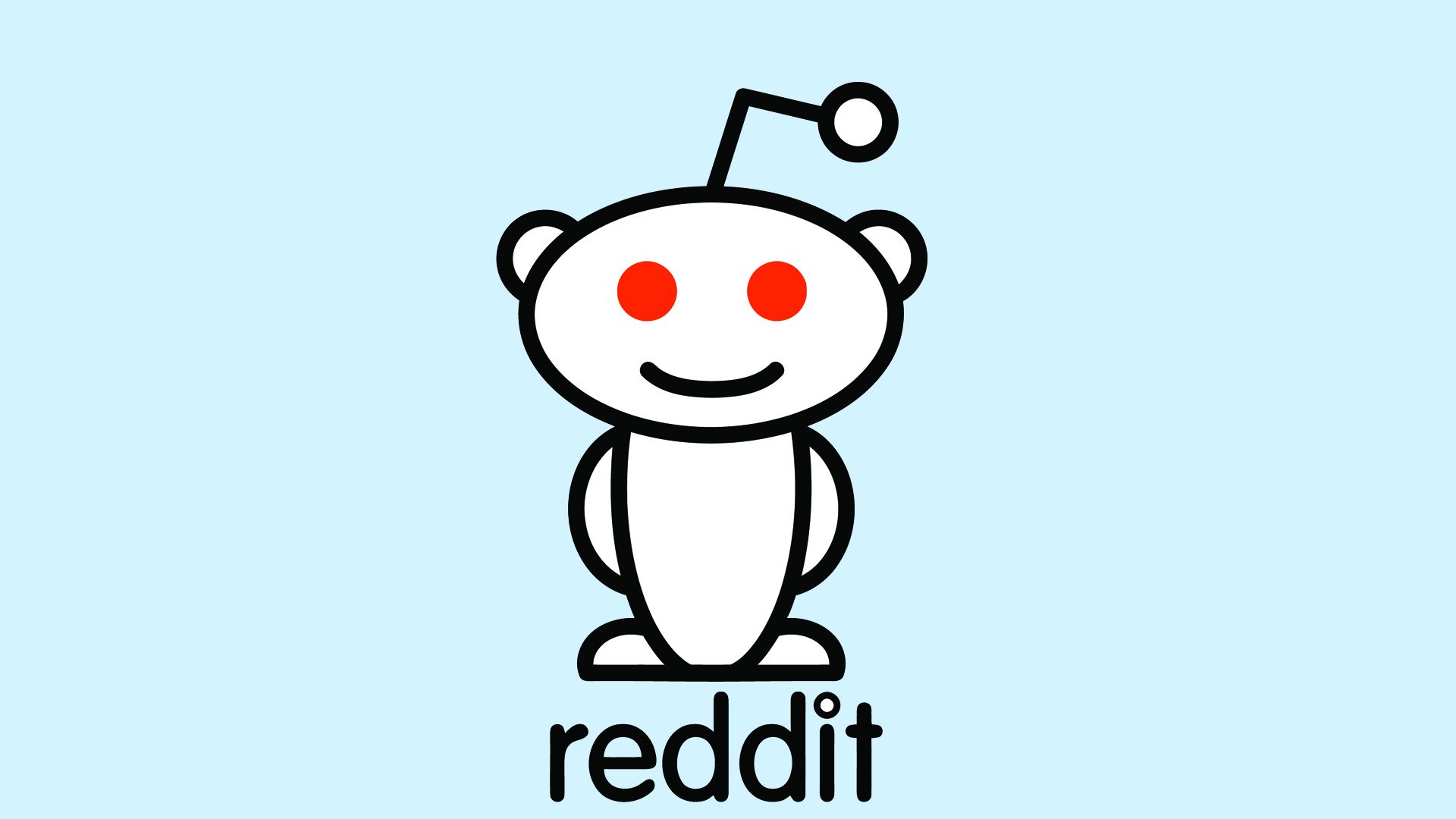
-

-

-

-

-

-

-

-
-

-

-

-

-

-

-

-
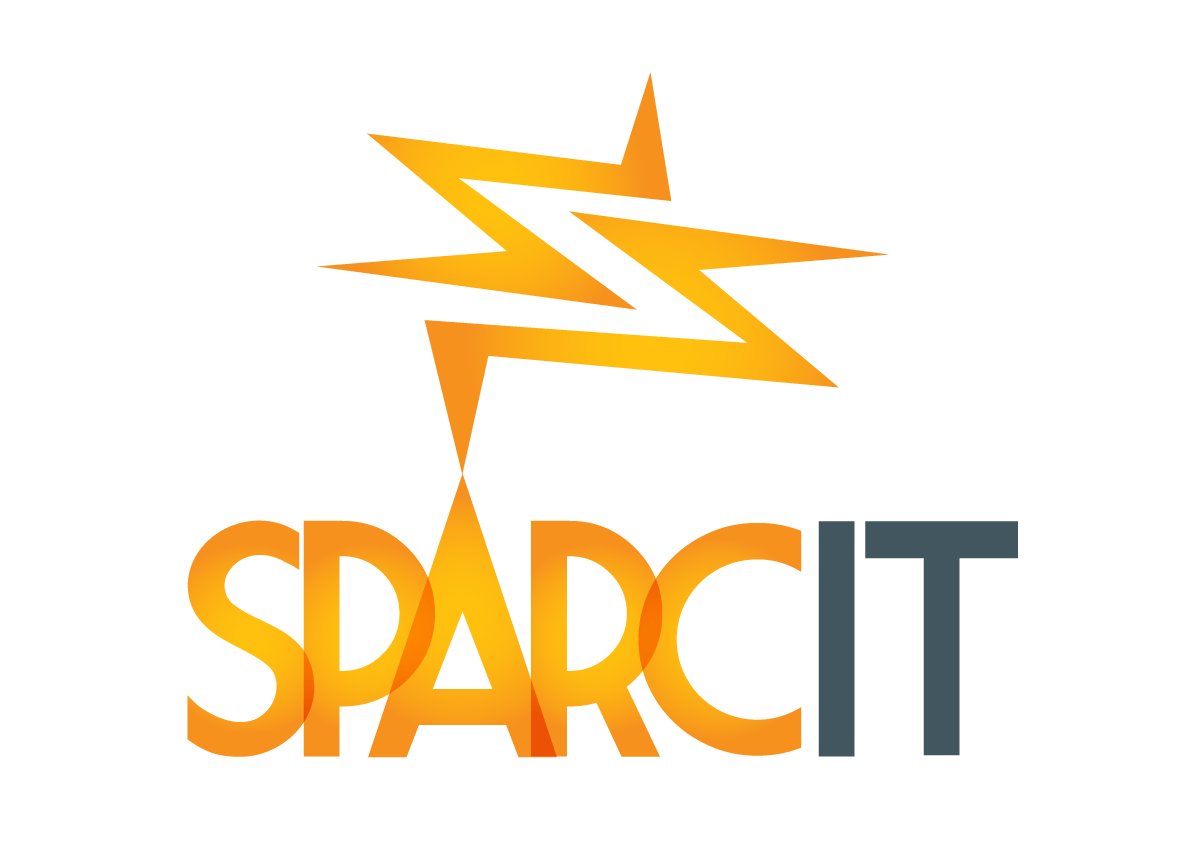
-

-

-

-

-

-

-

-

-

-

-

-

-

-

-

-
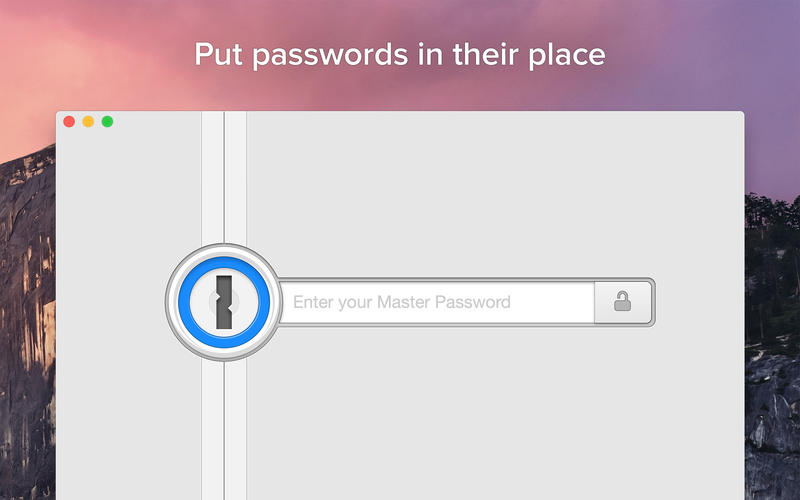
-

-

-
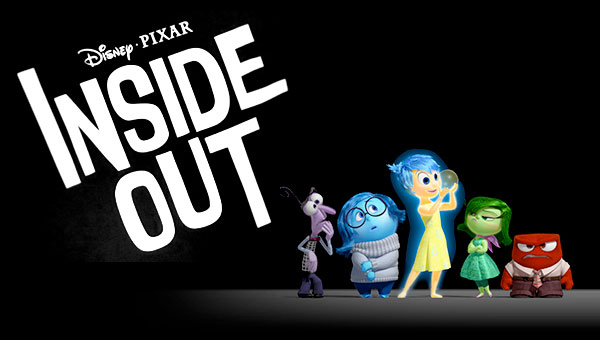
-
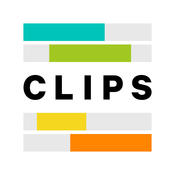
-

-
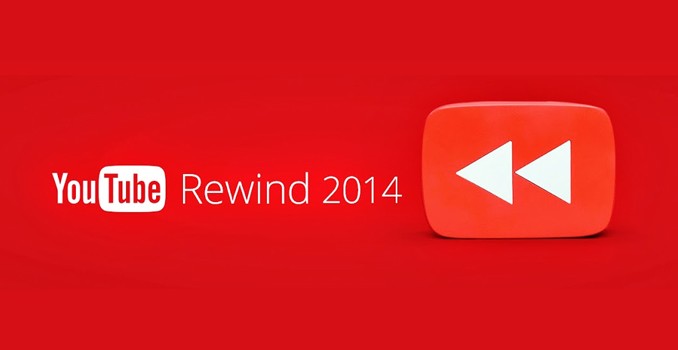
-
-
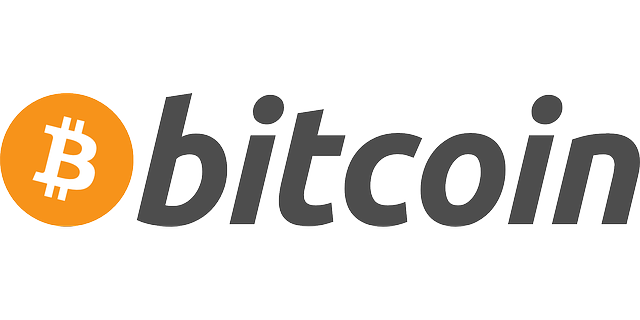
-

-
 TOTW: Google's Project Ara Modular Phone May Be The Future Of SmartphonesOctober 30, 2014
TOTW: Google's Project Ara Modular Phone May Be The Future Of SmartphonesOctober 30, 2014 -

-

-
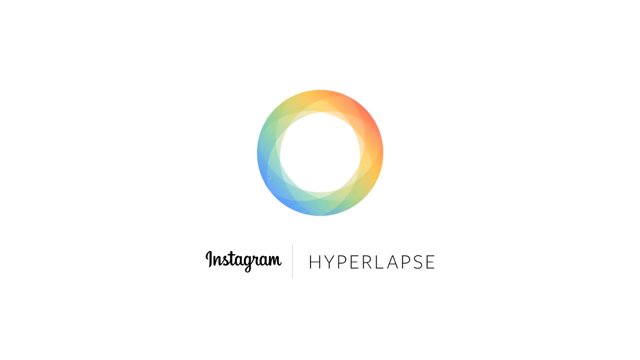
-

-

-

-

-

-
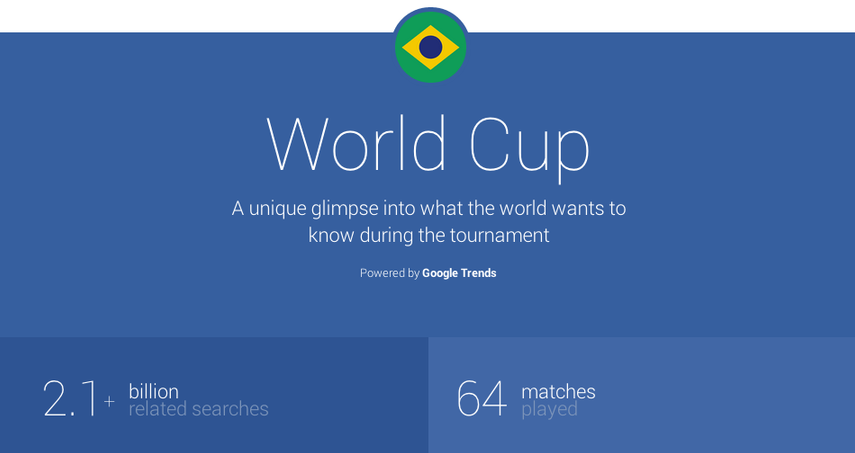
-

-
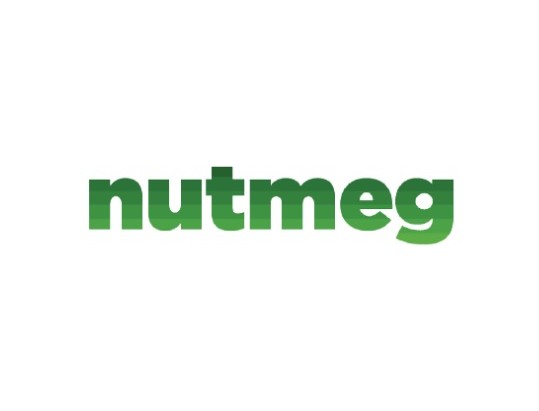
-
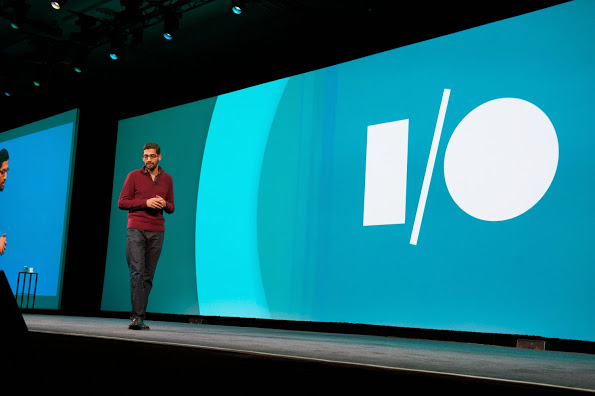
-

-
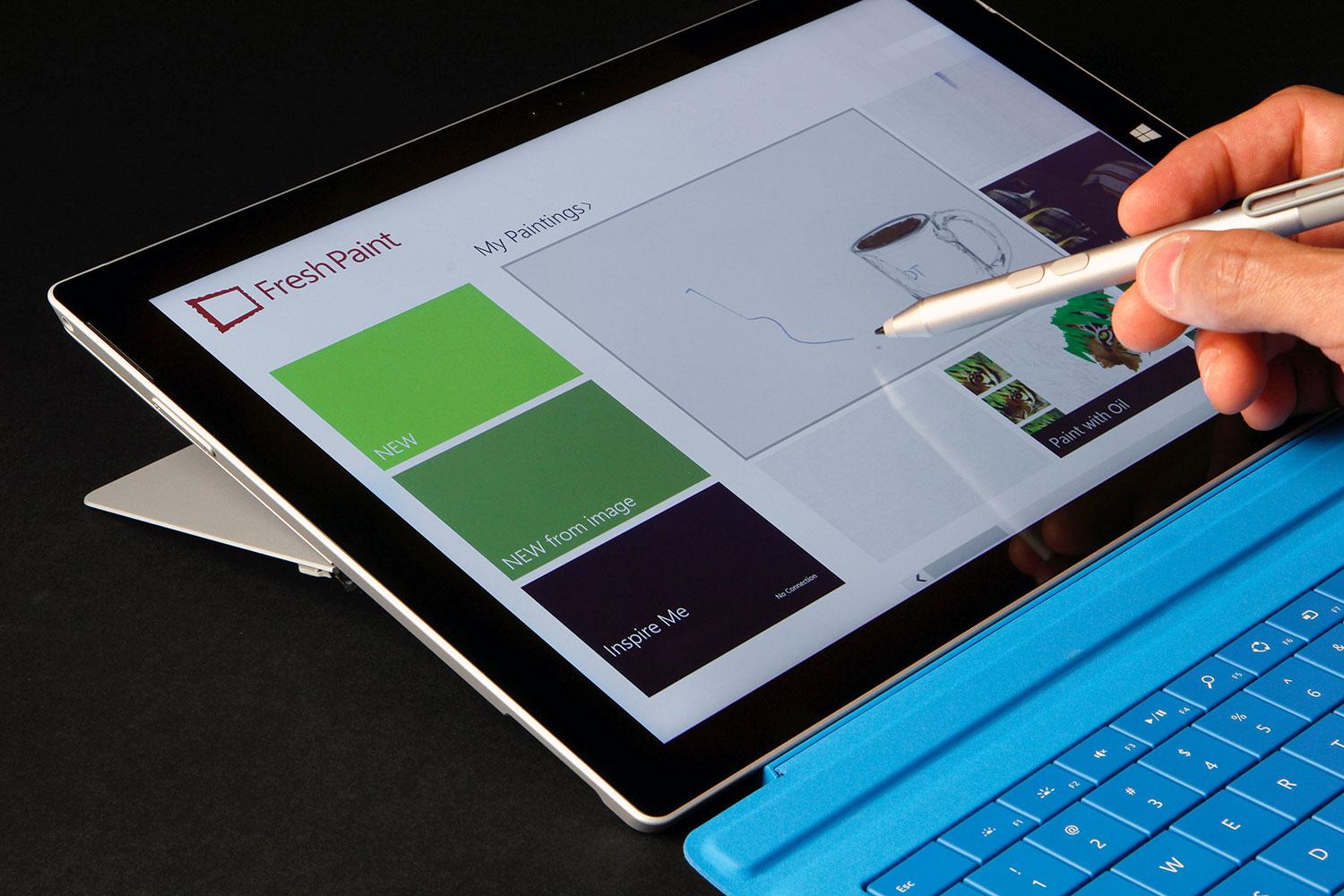
-
-
-
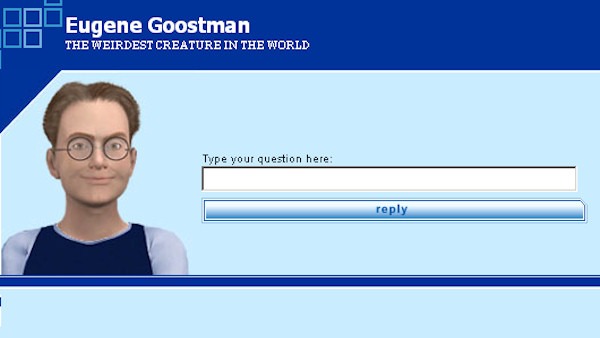
-

-

-

-
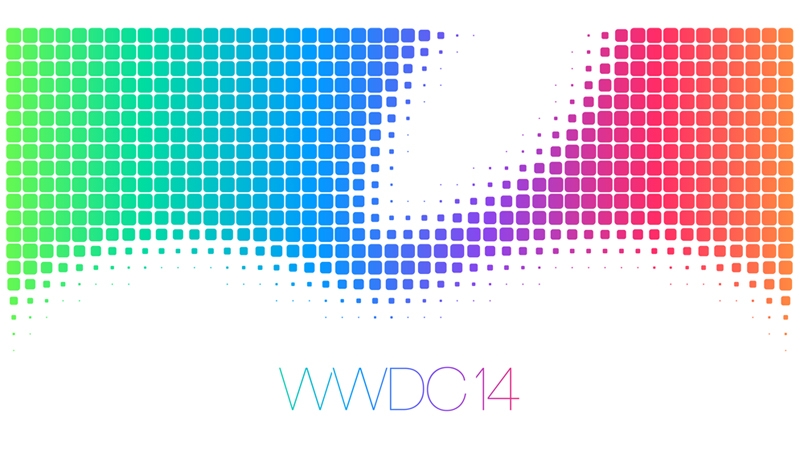
-
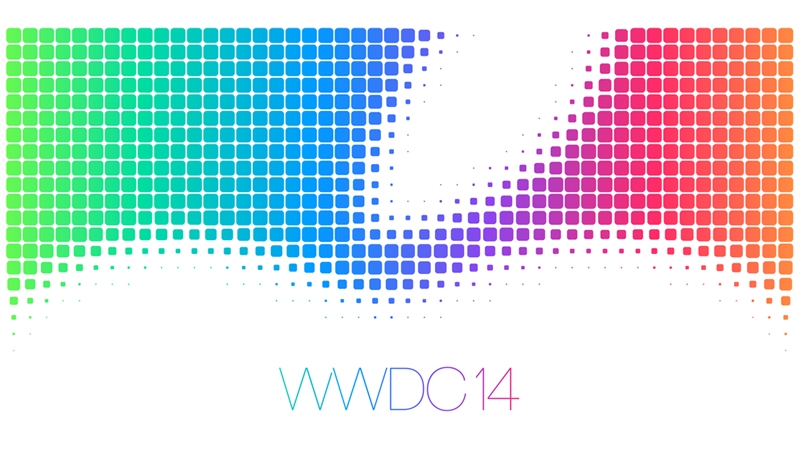
-

-

-

Why Other Companies Should Follow Alphabet’s Lead
For as long as it has existed, the public has identified the Google brand with the ridiculously popular search engine under the same name. Since 1998, Google search has grown exponentially while staying pretty much the same, yet the company Google has expanded aggressively into fields well beyond search, both through acquisitions such as YouTube and Nest, and organically via the company’s extensive R&D initiatives such as Google Glass and the company’s autonomous car. Still, this has all fallen under the good old multi-billion dollar umbrella of Google. That all changed last week. Not that initiatives inside Google have fundamentally changed; the profit driver continues to be search and advertising, with many long-term prospects hoping to flower eventually. Nevertheless, the restructuring of management lines arguably has dramatic long-term implications, in my opinion for the better.
In a nutshell, Google essentially created a holding company called Alphabet that owns Google and many smaller companies that Google has acquired/created, such as Nest and Calico (Google’s longevity initiative). Alphabet is now a portfolio of enterprises managed by founders Larry Page and Sergey Brin, many with distinct CEOs who have a fair amount of independence. This shift came as a shock to everyone outside of Google (and likely many inside the company), sounding more like one of the company’s classic April Fool’s jokes than a typical corporate maneuver. Renaming a company with one of the top business brands in the world? Insane in many respects, not to mention handing the CEO of “Google Classic” to another executive, Sundar Pichai.
So why is this a good idea, and why should other companies consider following Google’s lead? It really comes down to what they are trying to accomplish as a company. In the announcement letter that you can read at abc.xyz, they wrote the following, which helps explain their reasoning behind the change:
“As Sergey and I wrote in the original founders letter 11 years ago, ‘Google is not a conventional company. We do not intend to become one.’
Alphabet’s initiatives are far-flung and have the potential much more than Google’s traditional “cash cow” businesses to change the world. It’s hard not to see some of Alphabet’s initiatives becoming wildly successful and ultimately spinning out into independent, and large, public companies. For instance, I previously mentioned Calico as one of the companies Alphabet is keeping under it’s wing. Calico is a scientific research and technology company; their ambitious goal is to research and eventually create ways to elongate life and let people live healthier. That is a goal, although ambitious, if reached with the help of Alphabet could very well change the world in a major way.
What really excites me about Alphabet is that they’re doing precisely what I would do with all that money and resources: create and finance projects that will change the future. Google the search engine has become a very conventional business in the Internet age, but Google the company aspires to much more that just rolling in the cash and adding its existing product lines (I hate to say it, but I’m looking at you, Apple). In an age of tech titans, companies such as Google, Facebook, Amazon, Apple, and Microsoft are all angling to stake their claim to the future. And under Alphabet, Google aims to establish a leading innovation platform by “letting many flowers bloom.” Rather than sticking to a couple odd ventures and mainly staying a conventional company, Alphabet lets Google expand into a business set on creating a better future. And if this change in corporate structure will help facilitate that, then I say go for it.
If you want to read the original Alphabet announcement letter, click HERE.


Leave a Reply